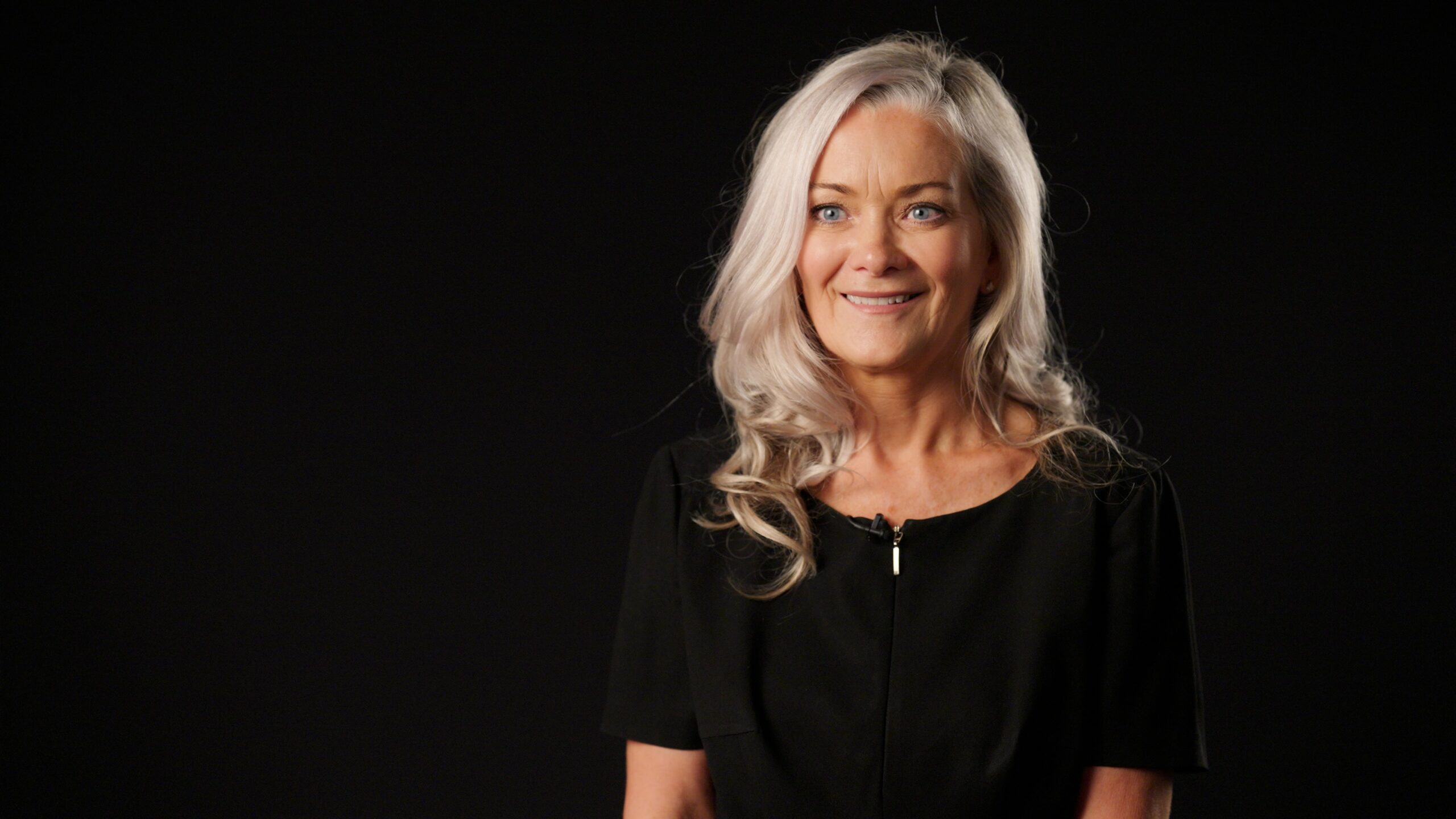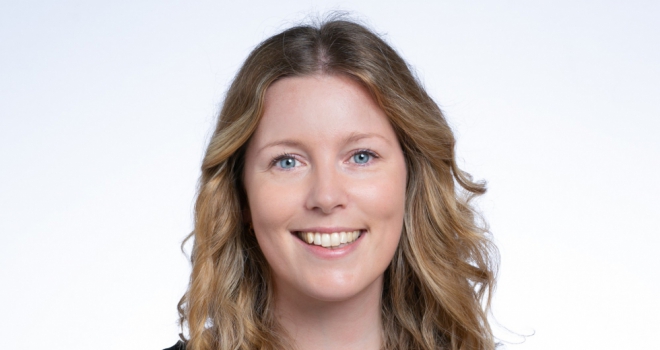27 July 2020
Homeownership woes as millennials approach 40
Recent research from financial services provider, OneFamily, has found that 71 percent of millennials worry that they may never be able to afford home ownership. With the additional cost of renting set to be around £300,000 throughout their lifetime, there’s also a potentially huge hole in how millennials will fund their retirements.
However, careful wealth planning by their parents and grandparents could help to reduce the impact. Paul Bridgwater, OneFamily’s head of lending proposition considers the research and what it could mean:
“There were a number of surprises in our research findings. For example, we found that the oldest millennials, who are now approaching 40 years old, are still only just reaching a 50 percent rate of homeownership. This is an entire decade later than the oldest members of Generation X who were born in 1961. The likelihood of a lifetime of renting is also rising, since we project that around 20 percent will be tenants at the age of 65; this is more than treble the 6 percent figure that we’re seeing today.
“The scale of the challenge for millennials to get a foot on the housing ladder is well documented and our research showed that their lifetime of renting could cost £300,000 more than home ownership, with no assets and therefore no retirement nest-egg to show for all the money they’ve spent.
“Another issue is how they would manage to service their renting costs when they reach retirement. Many homeowners will have repaid most, if not all, of their mortgage and could enjoy lower levels of monthly expenditure. For renters this will not be the case – their housing costs will remain high and need servicing, well into the years when they could be putting their feet up.
“This helps explain the finding that millennials associate owning property with stability in life – 60 percent of the millennials we spoke to told us that they feel that home ownership is their only route to financial security.
“Amongst all of this, we’ve had Covid-19, which is undoubtedly going to have an impact. Some reports have suggested that more than 520,000 UK home sales6 could be abandoned this year in the wake of the pandemic and the potential for rising unemployment could further play against the housing prospects of this generation.
“Understandably, all these pressures mean that the majority of millennials, 71 percent, fear the prospect of never being able to ever buy a home. Yet, despite this, half of this age group are still actively saving up for the deposit for a home, which is heartening to see.
“Meanwhile, even among those who do make it onto the property ladder, 72 percent of young homebuyers say they doubt they will ever pay off their mortgage, putting an additional squeeze on the money available to ease the burden of the next generation.
“So, what’s the solution to all this doom and gloom? There’s the hope that automatic pension enrolment will mean that the millennial generation will have a better pension provision available to them than current retirees which will help to cover their living costs when they get to retirement.
“We’ve also seen that some families are already looking at equity release in addition to cashing in investments as a means to pass on their children’s inheritance early; helping them to get onto the property ladder. 18 percent of the over-55s we spoke to said that they have passed money down to their children and grandchildren to help them out financially. Meanwhile, 15 percent of those who have used equity release did so in part to give money to a family member.
“However, our research does suggest that, with good reason, millennials clearly have substantial concerns about their future finances. This seems to be one of the causes of a growing financial awareness, and they are doing what they can to save for their futures at a time when the odds are somewhat stacked against them.
“So, maybe now is the time for their parents and grandparents to step in and give them a little nudge up the housing ladder. Some careful wealth planning and open conversations could make all the difference to future generations.”



